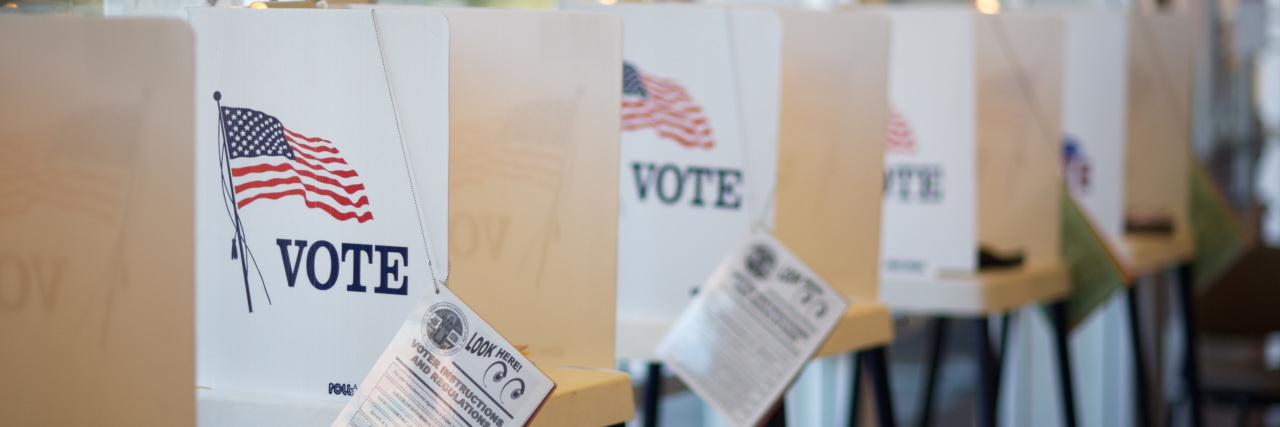There is an important election coming up in 2020 and I think one group of voters is often forgotten: the autism vote. I have been on a lot of potential candidates’ websites and almost none mention treating and helping people with autism. I think that needs to change. I think autistic voters are an untapped voting base that although small, could potentially tip the balance of the next election.
Candidates need to know about and understand autism issues. Some things to address are job discrimination, education discrimination, military discrimination and care services for more severely affected individuals. There is a lack of knowledge about autism and autistic people. I think the first issue is that while autism awareness is growing, there is still both a lack of knowledge surrounding and a stigma attached to the word autistic. There is a lot of fake news about autistic people out there.
I am an autistic person and I constantly feel I have to explain my disability to others. I am not mentally nor psychologically compromised. I have emotions, I love people, I hate people, I have interests and so on but I’m judged on the things I have challenges with.
Second, candidates must recognize the autistic identity. The article How Stigma and Social Factors Drive the Negative Health Outcomes Associated With Autism explains, “Increasingly, autistic people themselves are beginning to consider AS and HFA as forms of neurodiversity and a key part of their identities, as central as other social identities such as sexuality or race.” Recognition of the autistic identity could provide a positive view of people with autism.
Third, candidates need a platform that addresses the things I talked about. Autistic people face a higher rate of of discrimination and unemployment. Right now in the national political arena, Andrew Yang seems to be the only one with a platform addressing autism — perhaps because he has an autistic son. One in five Americans has a disability, making us the largest minority group in the U.S. today. Despite this, disabled Americans seem to be an untapped voter base.
So far the Democratic party has only done a little in this regard, making disability rights a platform in the 2016 presidential election but failing to discuss disability issues during the recent debates. The Republican Party has flip-flopped on disability rights issues; while the Americans With Disabilities Act was signed by George H.W. Bush in 1990, there hasn’t been much follow-through since that time.
Autism and other disabilities are becoming the next civil rights movement. While neurotypical people often see disability as something to be pitied or tolerated, I see an untapped voter group. My goal is to make people aware of this discrepancy in the voter base. Despite improvements made in the past 29 years, disabled people still face discrimination in the job market, housing and education. Qualified candidates with minor disabilities are excluded from military service just because of their medical diagnosis. Change always happens in small increments; racism didn’t end with the Civil War either. The disabilities movement is still gaining steam, but it needs energy to continue to thrive.
In conclusion, a lot of good can come from a presidential candidate accepting and supporting an autism platform. Many on the autism spectrum don’t have a voice and I’m trying to give them one. As an autistic person with a degree in history, I don’t take my ability to vote for granted. I have researched many candidates, and I will not waste my vote on a candidate that does not consider people with autism.
I hope the candidates take this very seriously. The way I see it, autism is not a Democrat or Republican issue, it’s a human issue.
Getty image by HermosaWave.

